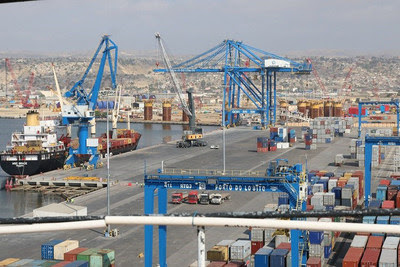SHENZHEN, China, June 23, 2021 /PRNewswire/ — Recently Unilumin’s latest Cinema Screen passed the tests of the Research Institute of DMC, Keio University, a DCI authorized agency, and officially became a DCI-certified product. Unilumin has thus become China’s first DCI-certified LED display enterprise and gained full access to the opportunities of the cinema LED display market.
What’s the internationally accredited DCI certification?
DCI is an organization of Digital Cinema System Specification focusing on the development of open architecture. Digital film systems or products without DCI certification can’t be applied or promoted in the cinema market. Unilumin Cinema Screen has obtained the DCI certification, showcasing its world-leading technology in LED cinema screens!
Unilumin’s latest Cinema Screen offers outstanding display performance with a 4K resolution of 4096*2160, DCI-P3 color gamut, and a super contrast ratio of 40000:1. This product boasts an extremely high localization level, which can realize the independent control of the industrial chain and greatly reduce the cost, laying a solid foundation for the popularization and application of LED cinema screens.

The Trends of Cinema Development and High-end Cinema Screens
More than 100,000 installed cinema screens are expected to be replaced in the next five years following 2020, TrendForce revealed while citing cinema projector leader Barco’s analysis of cinema trends from 2006 to 2026. Due to fierce competition in the cinema market, there will have been a total of 200,000 cinema screens by 2023. LED displays can easily conform to the trend of image display, which is bound to be high resolution 4K or even 8K, and laser projectors offer high resolution and high lumen projection capabilities, so they are gradually penetrating the cinema market.
A Comprehensive Presence and Constantly Exploration
As a leader in the LED industry, Unilumin has long worked in the cinema display market. On the one hand, Unilumin has attached importance to the in-depth integration of 5G, 4K/8K, 3D and other high-format film technologies, actively promoted the application of LED displays in cinemas.
On the other hand, Unilumin has actively carried out external cooperation, which greatly promoted joint development and made enough market foundation for the booming of the cinema LED displays market.
This DCI certification marks the latest achievement of Unilumin’s efforts in the cinema display market. In the future, Unilumin will provide people with a better audio-visual life with higher quality display images and an immersive viewing experience.

